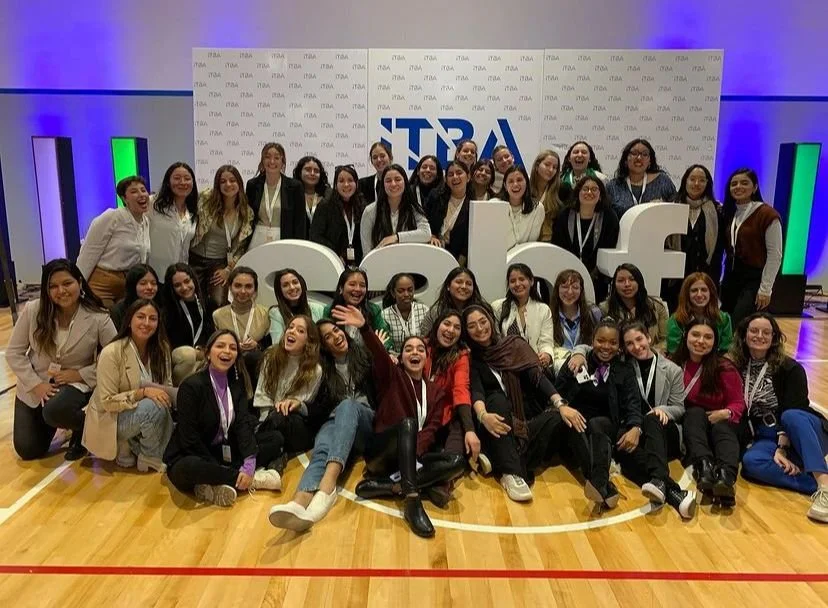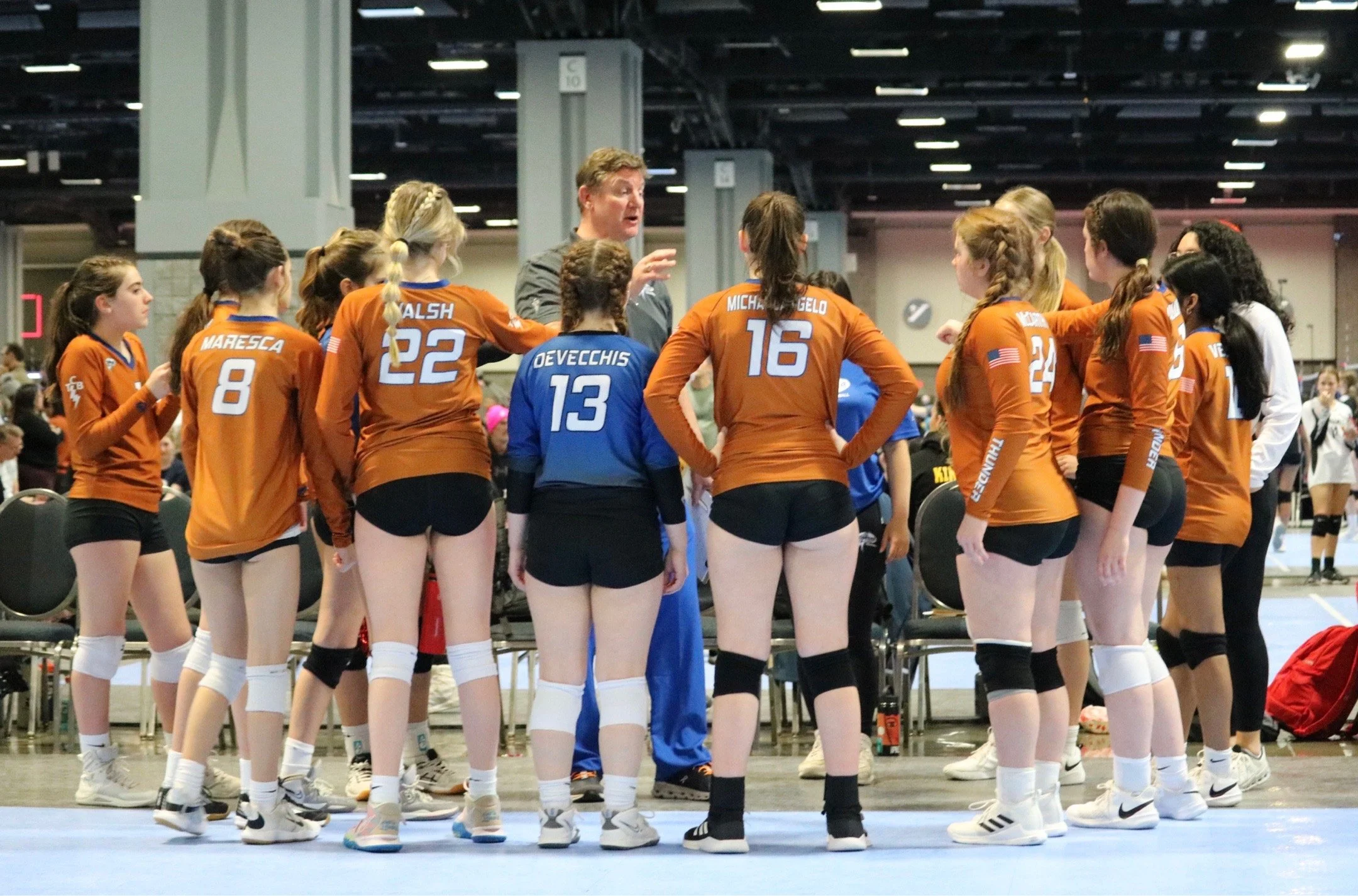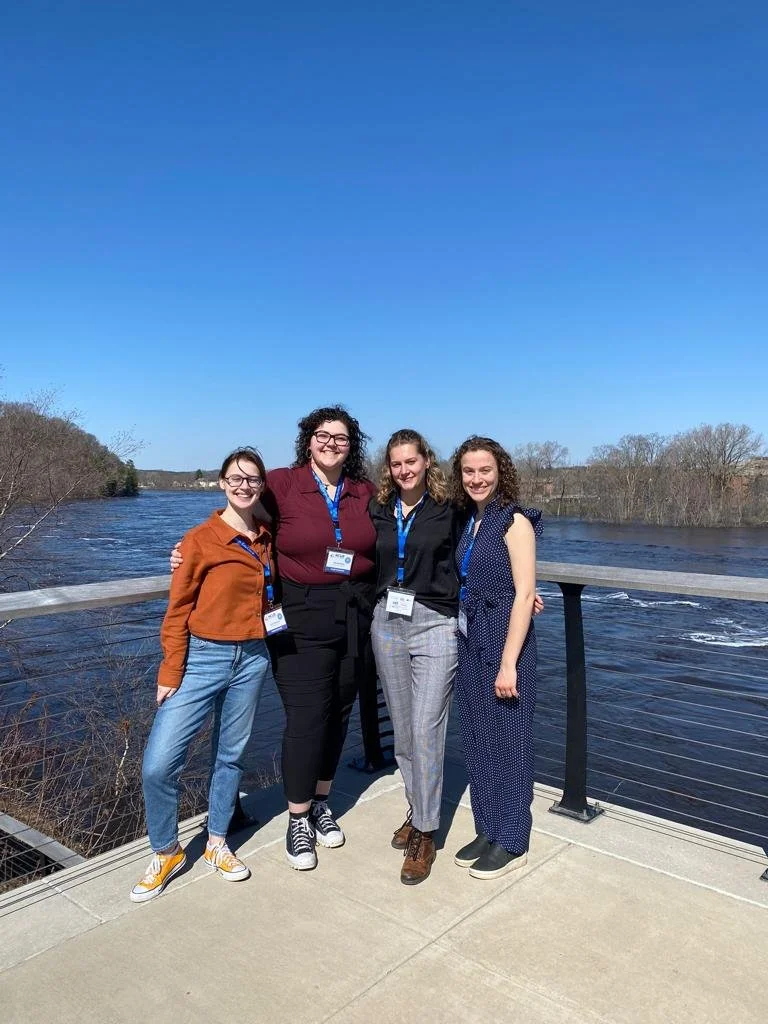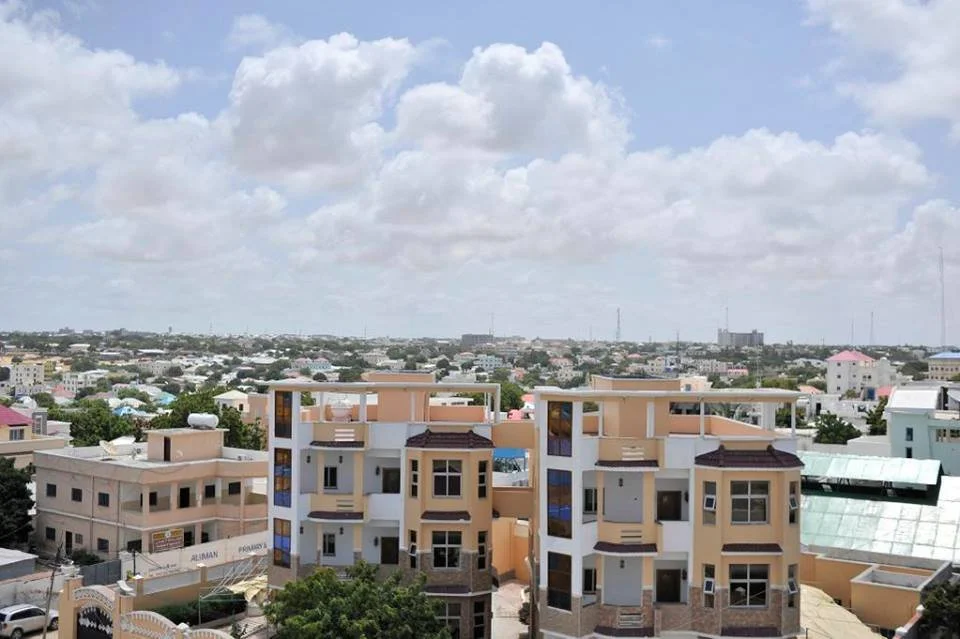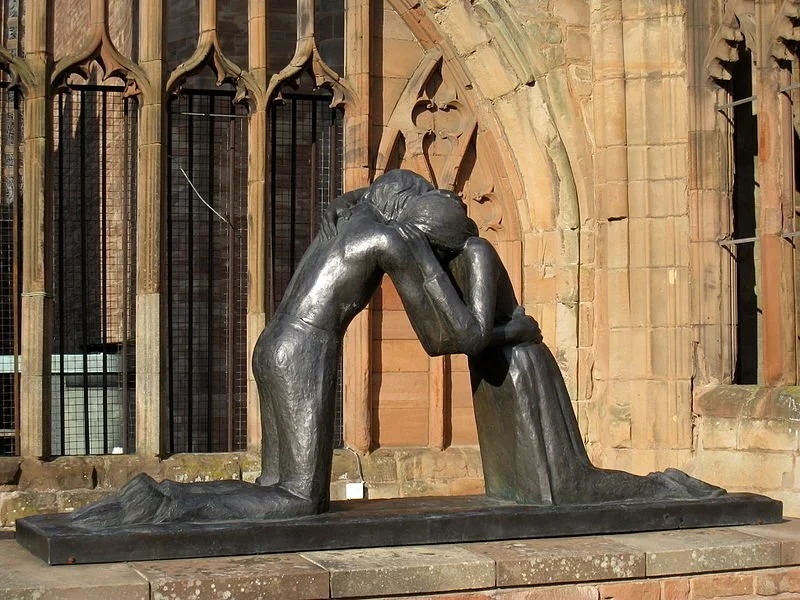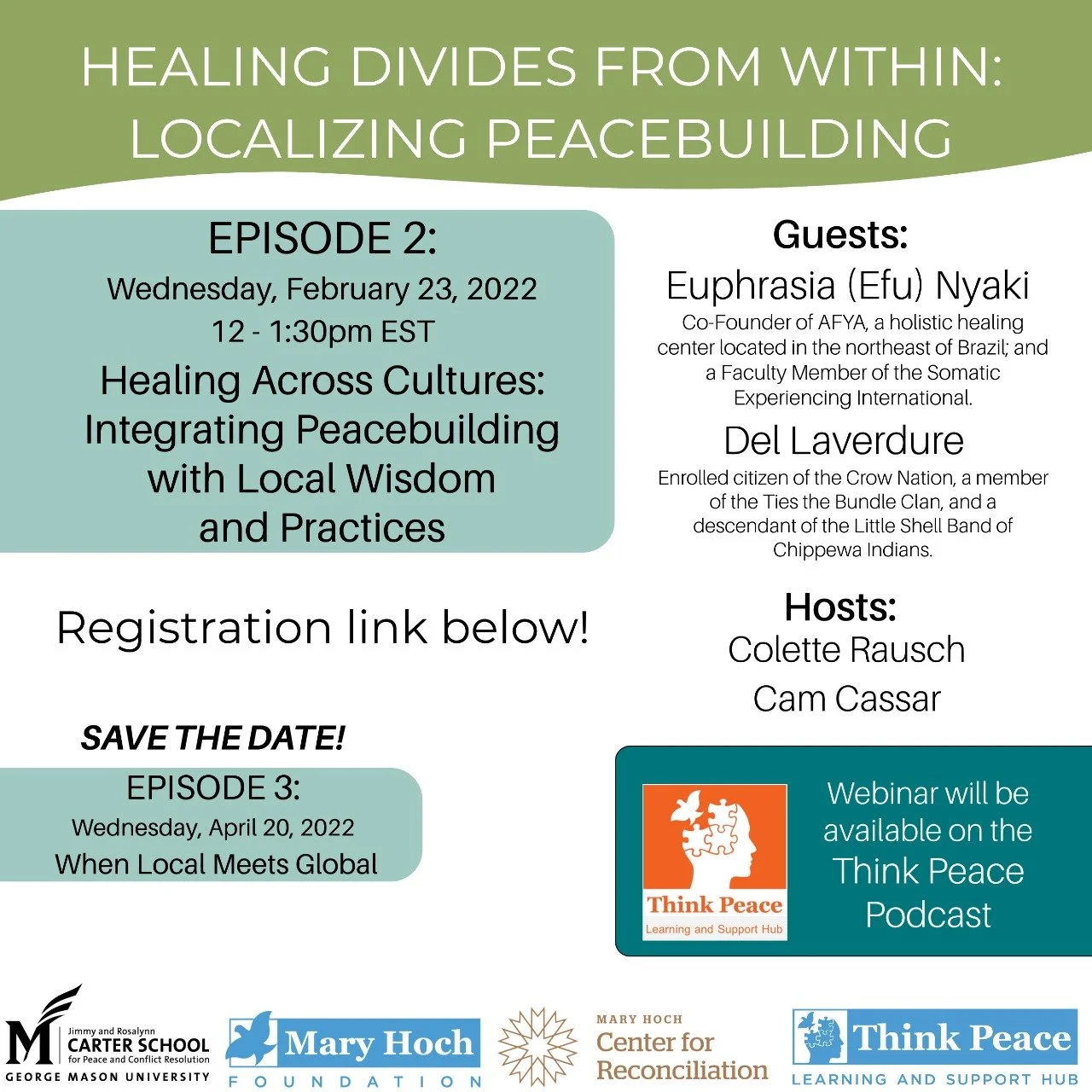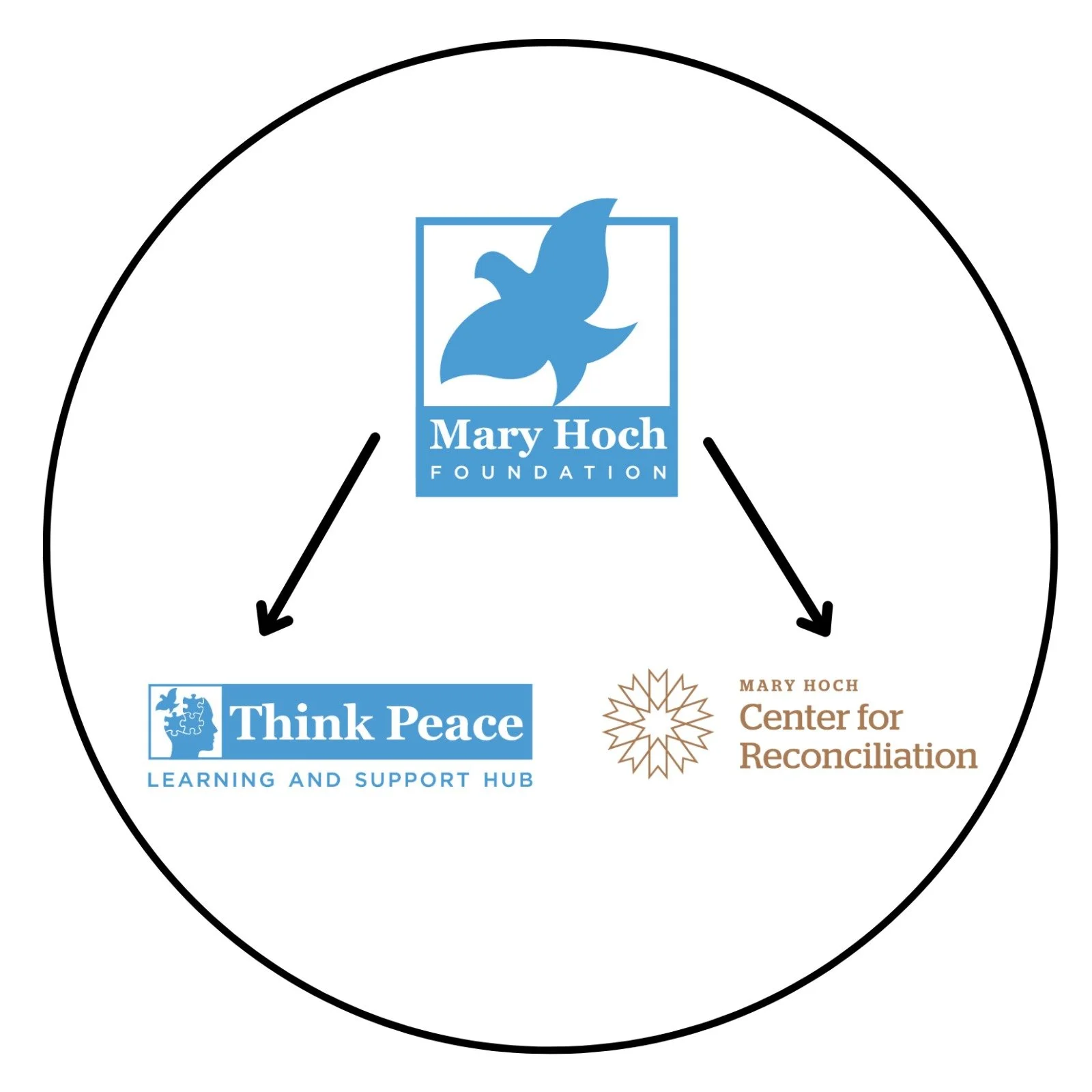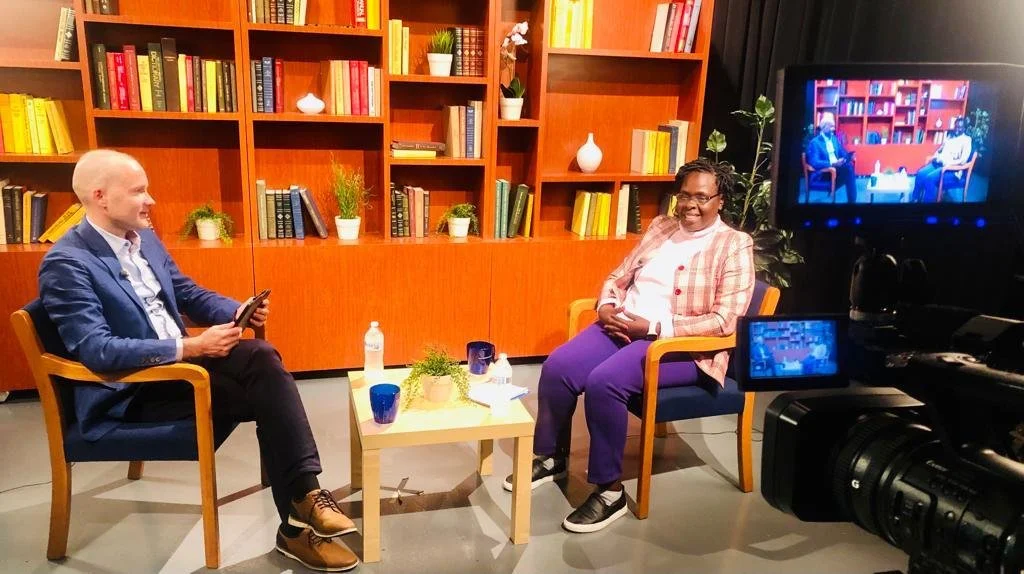Since the summer of 2020, MHCR researchers and affiliates have conducted a two-part review of primary and secondary data surrounding how, when, and why reconciliation theories of change (ToCs) have been used in international reconciliation practice. The project was commissioned by the United States Institute of Peace (USIP). In the past two years, USIP has sought to conduct an ‘evidence review’ of all its primary peacebuilding practices (e.g., mediation, arbitration, negotiation, and reconciliation). These evidence reviews seek, at base, to understand what works – and what doesn’t – about basic processes in peacebuilding.
Building Trust on the Path to Healing: Insights from Observing the Sami Reconciliation Process
MHCR Program Officer Hannah Adamson discusses her visit to Finland at the end of May 2022. She traveled to Northern Finland to Sami Land with MHCR Director Antti Pentikäinen as he worked alongside local actors involved in the Truth and Reconciliation Commission Concerning Sami People. They visited with Sami healers, community leaders, members of the Sami Psychosocial Support Unit, politicians, and other actors to listen to their experiences and, when appropriate, offer encouragement and guidance.
New IREX Fellow Joins the MHCR Team: Meet Jonathan Josue Jiménez Ramirez
We would like to extend a warm welcome to the newest member of the MHCR team Jonathan Jimenez. Jonathan is from Chimaltenango, a Mayan indigenous village in the highlands of Guatemala and works as a lawyer and educator in the community, facilitating access to justice by applying mediation and conciliation processes as an alternative way to resolve conflicts that do not require prosecution.
He joins MHCR as one of the 103 community leaders worldwide participating in the 2022-2023 Community Solutions Program (CSP) cohort. CSP is sponsored by the U.S. Department of State’s Bureau of Educational and Cultural Affairs (ECA) with funding provided by the U.S. Government and supported in its implementation by IREX, is a professional development program for global community leaders working on environmental issues, peace and conflict resolution (my specialization), transparency and accountability, and women and gender issues.
Social Healing and Peacebuilding in the Horn of Africa: Reflections of Practitioners
Mandeeq Mental Health, led by Rowda Olad and Cherie Bridges-Patrick, along with Dr. Tecla Namachanja Wanjala, and their partners (ThinkPeace Learning and Support Hub and the Mary Hoch Center for Reconciliation), held a Virtual Regional Hub meeting on Wednesday, August 31st from 16:00 to 18:00 East Africa Time. As part of a larger initiative being conducted with the Helsinki Deaconess Foundation, this program brought together peacebuilders from Kenya, Somalia, Uganda, DR Congo, Sudan, South Sudan, and globally to speak about the intersections of trauma-healing, mental health and psychosocial support (MHPSS), and social healing with their peacebuilding work.
How Can We Support Religious Leaders during COVID? What MHCR Learned from Interviewing Religious Leaders Across the Globe
Since the outbreak of the COVID-19 pandemic, individuals and communities around the world have turned to their religious or spiritual leaders for guidance and support. For many of these leaders, however, serving the unprecedented needs of their congregation members and their families can be highly stressful. To better understand the role religious leaders play in the lives of congregation members, the Al Amana Centre, based in Muscat, Oman, contracted MHCR to interview religious leaders about their experiences during the pandemic.
MHCR Presents Flagship Research at the Carter School’s Spring 2022 Peace Week: Who are Insider Reconcilers?
On Friday, April 8th, from 9:30 A.M. - 11:00 A.M. EDT, MHCR staff and employees facilitated a roundtable discussion titled Who are Insider Reconcilers? Binding the Theory and Practice of Reconcilers Operating in their Own Communities at the Jimmy and Rosalynn Carter School for Peace and Conflict Resolution’s spring 2022 Peace Week.
All MHCR Undergraduates Win Summer Research Funding
George Mason's Office of Scholarship, Creativity, and Research (OSCAR) has specific funding for undergraduates to create projects to pursue their interests and goals through the Undergraduate Research Scholars Program (URSP). Recently, all four MHCR undergraduate team members applied for and received this funding to pursue their research interests over the Summer 2022 term under the mentorship of Carter School Ph.D. Candidate and MHCR Associate Director Nicholas Sherwood.
Bringing Tradition to the Forefront
The most recent MHCR webinar titled "Healing Across Cultures: Integrating Peacebuilding with Local Wisdom and Practices" was held on February 23rd and was held in collaboration with Think Peace Learning and Support Hub and the Think Peace Podcast: Where Peace Crosses the Mind. This event was convened to learn about the range of peacebuilding practices through a conversation with peacebuilders working within their own communities using their own traditional practices and addressed the questions, "How can local wisdom and practices expand our definition of ‘healing’? What can we learn from indigenous peacebuilding?"
A New Phase in the Journey: Introducing the Mary Hoch Foundation and Think Peace Learning and Support Hub
In the autumn of 2021, the Mary Hoch Foundation (MHF) and Think Peace Learning and Support Hub were created to expand the scope and impact of the Mary Hoch Center for Reconciliation (MHCR). As non-academic affiliated partner organizations, they have an increased capacity to support ongoing reconciliation initiatives, both in the United States and abroad, and meet current needs for healing and transformation. MHF serves as a leader of these three entities and supports both the Think Peace Hub and MHCR in their complementary workflows.
Cleansing the Wounds of Trauma
On Friday, November 12th, MHCR was honored to host one of our Insider-Reconciler Fellows, Dr. Tecla Namachanja Wanjala, at the Carter School on GMU’s Arlington campus. The event gave Carter School students the opportunity to meet a peacebuilding practitioner doing groundbreaking work in post-conflict areas.
